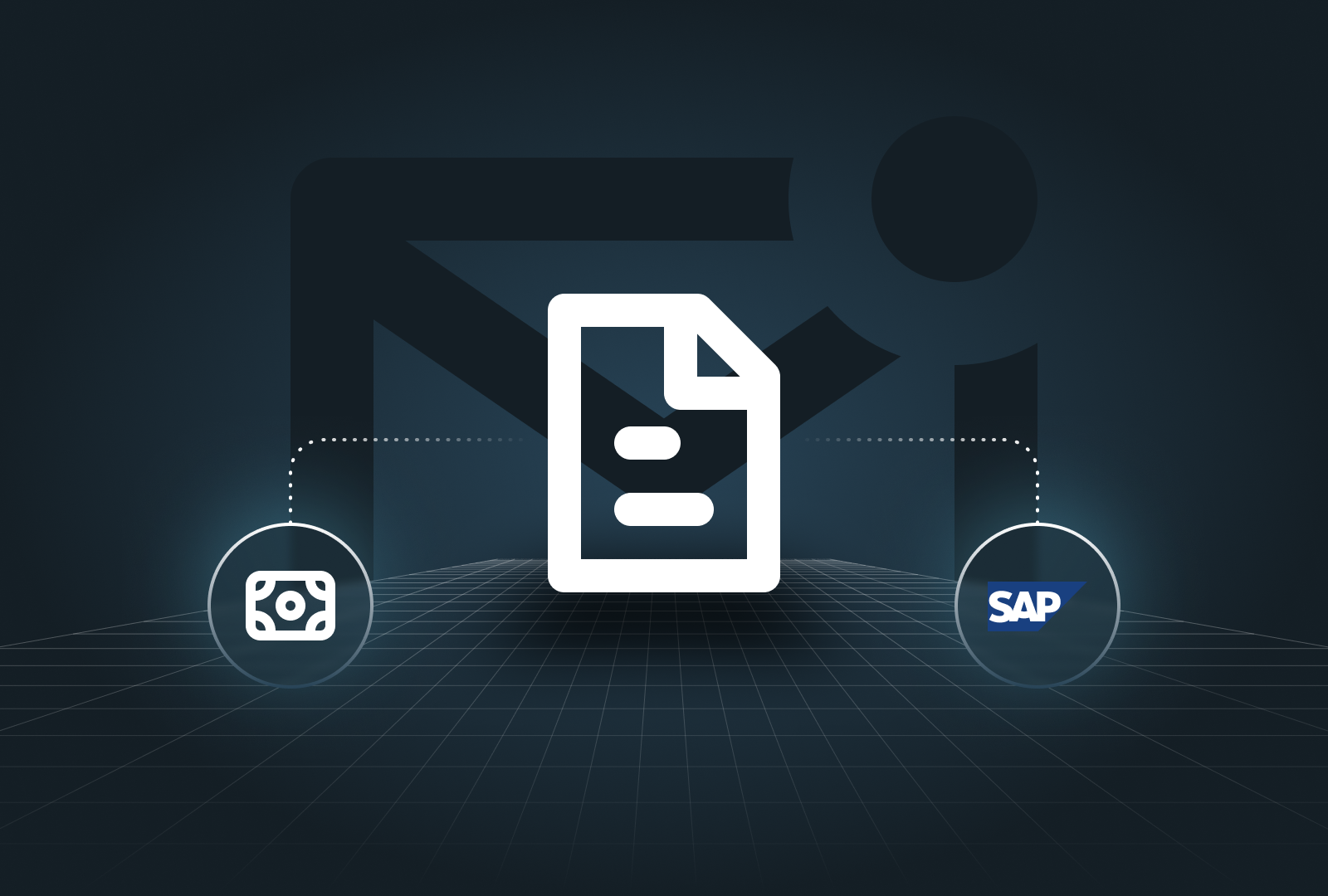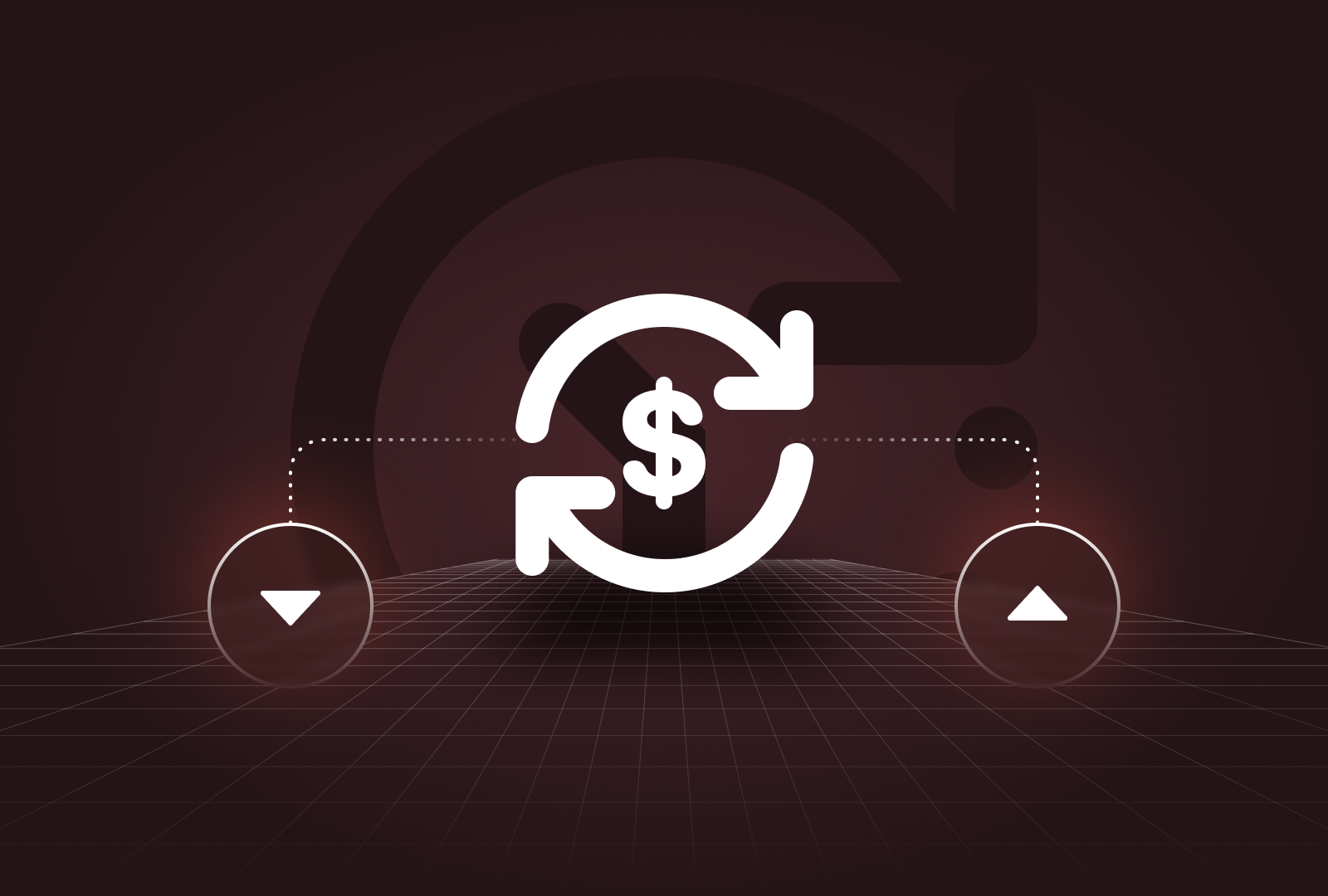An invoice processing solution automates — and streamlines — the methods companies use to handle invoices, meaning the process from data capture to payment approval. In contrast to traditional practices, which required considerable manual effort and were prone to errors, modern automation solutions improve three things: efficiency, accuracy, and transparency. Here, we’ll cover the key benefits, features, and trends related to invoice processing solutions, and how they assist companies in optimizing their accounts payable workflows.
What Is an Invoice Processing Solution?
Defining Invoice Processing Solutions
An invoice processing solution is a digital tool whose main function is to automate the management, approval, and payment of invoices. This modern software streamlines the entire invoice lifecycle — it captures data automatically and minimizes manual interventions. Integrated into the broader accounts payable framework, such solutions ensure seamless coordination between invoice processing and payment approvals. The most obvious benefit of invoice processing solutions is that — by accelerating processing and approval — they save both time and resources.
The Traditional Invoice Process vs. Automated Solutions
In traditional contexts, invoice processing consisted of multiple manual stages. Typically, these were data entry, verification, approval, and — finally — payment. Since this is a manual process, errors can abound, not to mention how time-consuming the practice is. This can ultimately lead to inefficiencies and — sometimes — rather costly delays. On the other hand, automation solutions rely on technology to capture, validate, and route invoices for approval. Typically, this is achieved seamlessly, and not only do automated solutions reduce the time required for processing invoices, but they also minimize human errors. In short, automation ensures that accounts payable departments can handle larger invoice volumes without sacrificing accuracy or efficiency.
Key Benefits of an Automated Invoice Processing Solution
Increased Efficiency and Cost Savings
Because automated invoice processing solutions reduce manual data entry and accelerate approval times, they also substantially improve a company’s overall financial efficiency. Two direct results of automating repetitive tasks are as follows: saving time and reducing labor costs. This improved efficiency of the accounts payable cycle allows teams to focus on higher-value activities. In other words, as overall operational costs are reduced, businesses can freely allocate resources to initiatives of more strategic importance like vendor negotiations and cash flow planning.
Enhanced Accuracy and Reduced Errors
The probability of errors in data entry and duplicate payments drop significantly when businesses use automation in invoice processing. Capturing invoice data, verifying information against purchase orders, flagging discrepancies — automation solutions deal with all of this, leading to better and more precise data management. Fewer errors translate to fewer costly corrections — and, in the end, a smoother accounting process in general.
Improved Cash Flow and Forecasting
Since automation ensures invoices are processed and paid on time, cash flow management is improved as well. Late fees are avoided, and working capital is optimized. In general, the accounts payable cycle becomes quicker thanks to timely invoice clearance. Finally, when payments are timely and consistent, businesses can forecast cash flow with more precision and plan for upcoming financial obligations with greater certainty.
Core Features of Modern Invoice Processing Solutions
Automated Invoice Capture and Data Extraction
Most up-to-date invoice processing solutions come with automated invoice capture. Typically, Optical Character Recognition (OCR) — and other AI solutions — are utilized in the process of data extraction. What do these features do? Essentially, they enable companies to capture invoice data quickly, as the data is stored across departments in digital formats. There are three main benefits of applying automation in this context: no need for manual data entry, reduced processing time, and increased data accuracy.
Streamlined Approval Workflows for Accounts Payable Efficiency
Invoice processing solutions also have automated approval workflows, meaning they simplify the process of verifying and approving invoices. To put it another way, the software routes invoices automatically to appropriate departments and/or individuals, resulting in a quicker and more efficient approval process. There are also automated reminders and notifications whose function is to minimize bottlenecks. Generally, this feature distributes invoices through the system in a smoother manner, and, from the perspective of accounts payable departments, ensures that invoices are processed and approved in alignment with payment deadlines.
Real-Time Reporting and Analytics
The real-time reporting and analytics features allow teams to track invoices throughout their entire lifecycle. In other words, this feature provides visibility into outstanding payments, processing times, and cash flow status. This data is extremely useful for finance teams, as it helps detect process inefficiencies and optimize budget planning. Additionally, real-time insights enable companies to monitor performance metrics carefully and, if needed, adjust their strategies accordingly.
Integrating Invoice Processing Solutions with Existing Systems
ERP and Accounting Software Integration
Companies that want to achieve optimal performance must ensure that invoice processing solutions will seamlessly integrate with their existing ERP and accounting software. Successful integration means that the data synchronization process will be completed automatically and this will then ensure that all financial information is updated in real-time. Again, the benefits of successful integration are numerous, as it will streamline financial reporting, enhance data accuracy, and simplify accounting tasks.
Improving Data Visibility Across Departments
There is another great upside to successful integration, and this one has to do with data visibility. Essentially, data will be visible across various departments — from procurement to finance. This greater transparency results in smoother communication and coordination between teams, and, eventually, in the improved overall efficiency of the financial workflow too. In other words, data is centralized, which allows departments to make more informed decisions and access the financial information they need without any issues. In the broader, accounts payable context, centralized data ensures that vendor invoices, payment records, and expense reports are always accessible for tracking and auditing.
Challenges in Implementing an Invoice Processing Solution
Overcoming Resistance to Change
Implementing an automated invoice processing solution may produce some resistance from staff, mainly due to concerns about adjusting to new systems and the impact on existing job roles. Comprehensive training and emphasizing how automation improves accounts payable efficiency, document accuracy, and account management in general, are some of the strategies that may support a smoother transition and adoption. Clear communication on benefits — we can include time savings and improved vendor relationships here too — can help ease the change.
Ensuring Data Security and Compliance
Automation of the invoice process may also raise questions about data security and compliance, especially in the context of handling sensitive payable documents and vendor information. Companies simply have to adopt strong security measures to protect accounts from breaches and ensure document integrity. Adhering to financial regulations and data protection laws is essential. By doing so, companies will have no issues in maintaining compliance, security, and the general reliability of their automated invoice processing workflows. This is particularly critical for accounts payable teams, as protecting vendor and payment information is a main priority in maintaining both trust and compliance.
Future Trends in Invoice Processing Solutions
The Rise of AI and Machine Learning
By improving data capture accuracy, anomaly detection, and predictive insights, artificial intelligence, and machine learning are changing accounts payable and broader invoice processing practices. The power of these new technologies can hardly be overstated. For example, they can create smarter business workflows by auto-matching invoices with purchase orders. They can also quickly flag discrepancies in accounts payable data.
Blockchain for Invoice Processing and Fraud Prevention
Another trend in invoice processing is the introduction of blockchain technology. It brings new levels of security, as it creates a secure, decentralized ledger that can track and verify documents, reducing fraud risk. A platform like that supplies companies with documented and verified transparency at any point of the payable process. Ultimately, this enhances compliance, protects sensitive data, and builds vendor trust.
Conclusion
Automated invoice processing platforms have become must-have tools in the contemporary landscape of financial management. Most notably, they provide businesses with streamlined workflows, better document accuracy, and improved cash flow visibility. Additionally, because they seamlessly integrate with ERP systems and are equipped with real-time data capabilities, these solutions elevate overall operational efficiency as well. Finally, AI and blockchain technologies add extra security layers to invoicing processes. All of this is particularly beneficial for accounts payable departments, as automation supports faster invoice processing and accurate financial reporting.
Payflows’ Intake-to-Pay solution aligns well with these developments. From seamless PO creation upon approval to automated invoice collection and processing via advanced OCR, it removes the need for manual data entry and enhances compliance. In a more general sense, it supports companies in cost savings. It centralizes data with the aim of reducing licensing needs and also offers analytic tools to monitor budgets, identify bottlenecks, and drive improvements across the procurement cycle.






.png)




.png)



